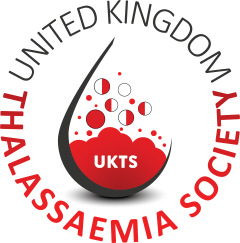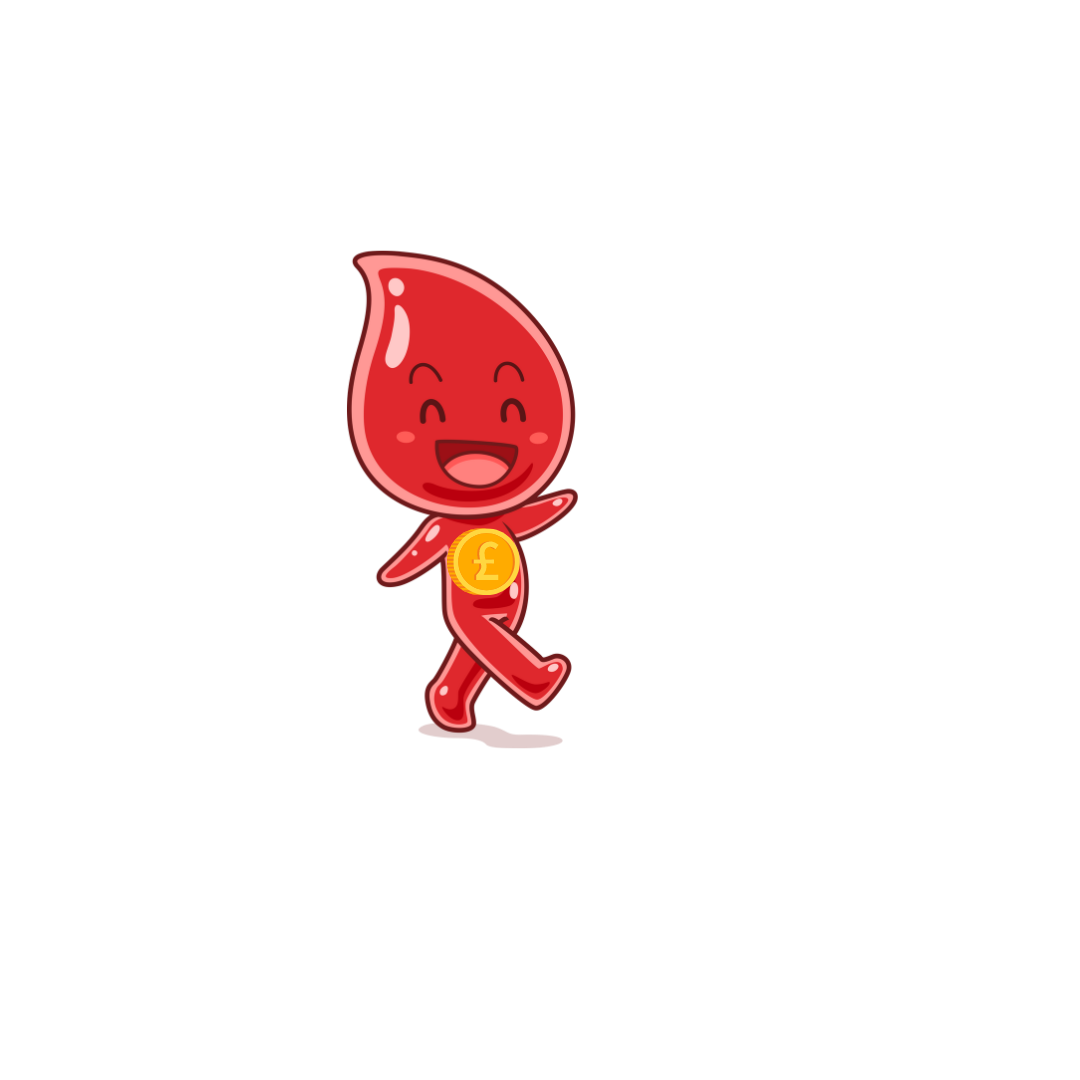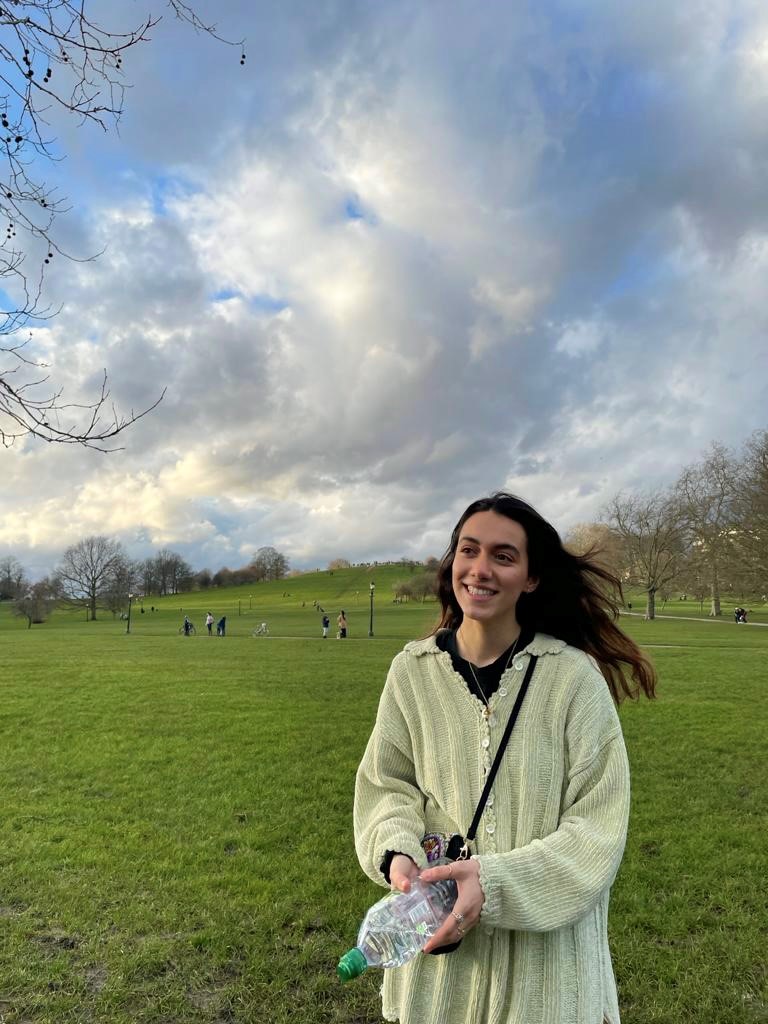Member’s Stories
A series of experiences from those affected by thalassaemia.
I’m a relatively normal 21 year old who enjoys the small things in life like walking in the park with friends or hanging out at home with my rabbit. Having a support bubble of incredible and understanding friends who I can openly discuss my mother’s thalassaemia with is something extremely important to me. Constantly working on my independence is a big part of who I am and what I think about. I’d say I’m an intuitive individual who is always looking to expand their cultural insight and it’s safe to say it’s my dream to travel the world.
What are your interests and how do you like to spend your free time?
In my free time, I enjoy going thrift shopping since not much beats the thrill of finding a cool, one-off, vintage item. Studying fashion marketing made me gain an interest in sustainable fashion and, as a result, I run a small online business buying and selling old clothes to extend their life cycle.
As an avid meditator, I have been interested in mental wellness and its importance to people’s lives. At the moment, I am doing an online course in the core skills used in counselling. I have found this has enabled me to better assist my mother’s emotions when the downside of thalassaemia impacts her pain and mood.
During these difficult times, yoga has kept me sane. I find personal pride and satisfaction when I finally master a pose I’ve been practicing for months.
Describe your family – how has thalassaemia played a part in your life?
Thalassaemia has been a part of my upbringing and has contributed to how we navigate as a family. My mother’s monthly visits to the hospital and the extensive doctors’ appointments have merged into our normal every day. We are a family that can talk openly about thalassaemia, with us having a mutual understanding of how it has impacted all our lives.
It can often be challenging dealing with how thalassaemia impacts my mother’s emotions, since I am not able to fully understand the pain she is in. I frequently feel hopeless as I am unable to help her manage this pain so instead, I absorb her emotions. When I express my own feelings of physical or emotional pain I feel as though they are nothing in comparison to hers. As a consequence, I rely on the support of my close family and friends more.
When did you first notice your mother had thalassaemia?
I have always been aware my mother lives with thalassaemia, personally, I never experienced a definite moment of realisation. When I reminisce, I have fond memories of my brother and I being fascinated by the small balloon in my mother’s desferal pump which she now has the option not to use thanks to the research funded by the UKTS.
It became really apparent to me that my mum has a condition when I went for a cross match with her for the first time. As I entered the thalassaemia ward in the Whittington Hospital, I vividly remember feeling welcomed by the warm and comforting personalities of the nurses as well as the overwhelming sense of community. I recall my mother pointing out the board of photos with all the patient’s children on, that was a real moment of realisation for me. Recognising that others have parents with the same condition as mine allowed me to feel more at ease. I am lucky enough to know a few who are all exceptionally brilliant and thoughtful individuals.
Has your mothers thalassaemia impacted your life in any way?
Yes, definitely. Anybody who has lived with someone with a chronic illness would understand that it shapes your outlook on life. Though an underlying narrative, I believe it has unconsciously impacted my personality and how I approach others. I had to quickly learn to recognise what triggers my mother’s irritability and allow space for her to rest. An example which is prevalent, is when she comes home from the hospital, often visibly disturbed and exhausted, having spent the day being pierced by a needle numerous times to find a viable vein for her transfusion.
Thalassaemia comes with its further complications which have intervened with certain moments in my life. My mother’s osteoporosis has meant she was faced with anxiety anticipating travelling over six hours in the car to drop me off at university. The distance was simply too far for her to cope resulting in her never visiting me throughout the duration of my degree. Because of this, I feel as though she has missed out on a huge part of my life.
Though it comes with its downside, a lot of positivity has come from my mother’s condition. The base of my family friends are patients my mother has spent her time with at the hospital. Growing up I got to know her kind and resilient friends, often spending time with their children. I grew close to my now friend for life, Maria. Our bond strengthened by our parents both having thalassaemia as well as the humour and outlook you develop because of it.
Anything else you might want to say that hasn’t been covered?
I have never had the opportunity to say how much I truly appreciate the nurses and doctors who have kept my mother and all the patients alive. It is as simple as, without them I wouldn’t be here. Even before I was born, the nurses have been involved in my life. Having been told the story of nurse Emma being there to witness my brother and I during my mums first pregnancy scan, I know that they have always been there to support my family. I owe them my mothers, brothers and my own life.
I am certain that one day people will have the choice to be freed from this lifelong condition. I follow the developments of new treatments closely and have real faith in gene therapy. I hope I live to see the day we finally find a cure, ending the stigma and difficulties families face for all.



